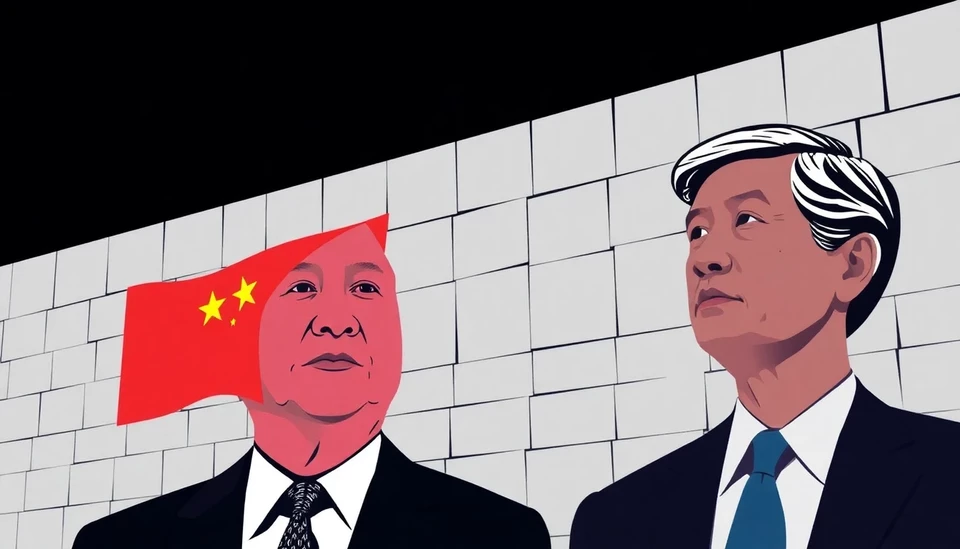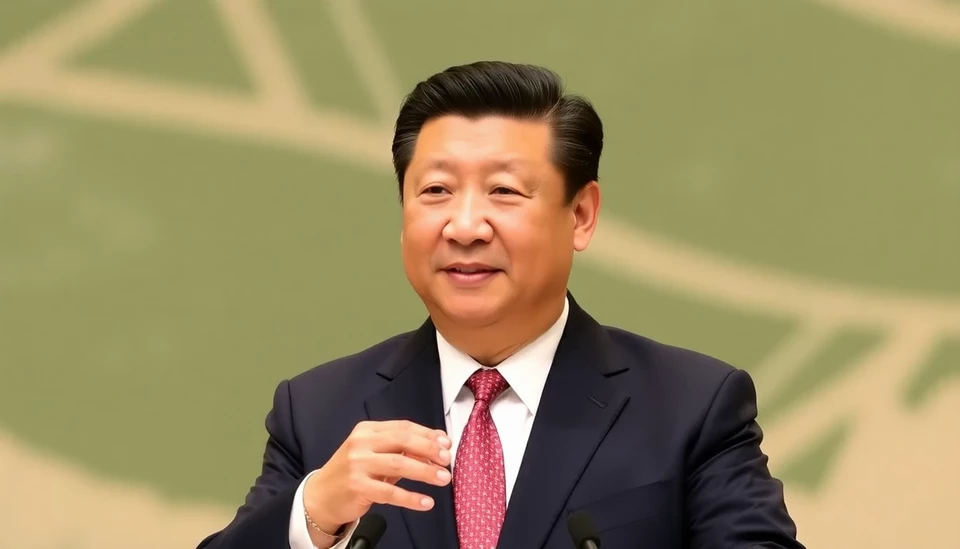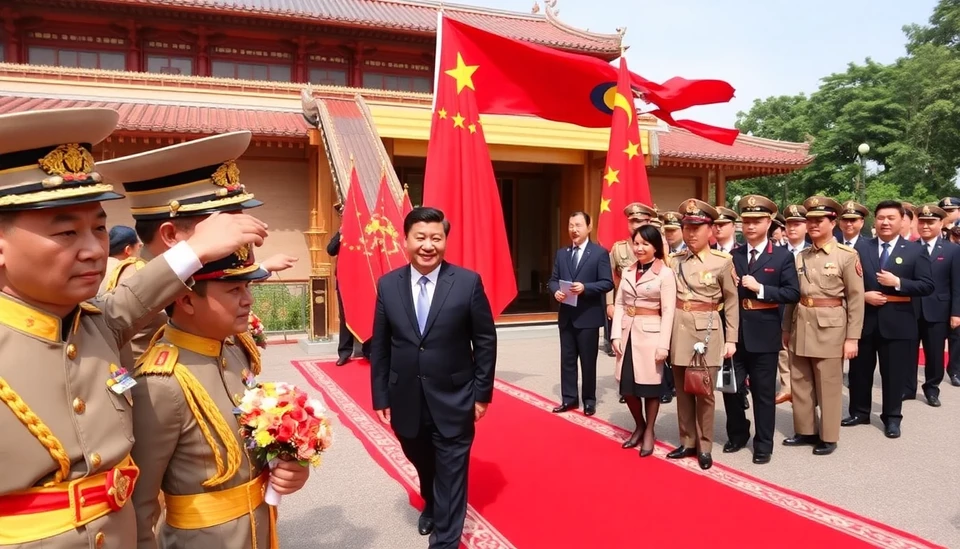
In a recent move that has sent ripples across global financial markets, Chinese President Xi Jinping announced a comprehensive stimulus package aimed at revitalizing China's slowing economy. However, this initiative has encountered considerable skepticism from U.S. lawmakers and think tanks, reflecting deeper concerns about Beijing's economic strategies and geopolitical maneuvers.
The stimulus plan, which is packaged as a response to China's disappointing growth figures, is wide-ranging and includes measures to boost consumer spending, enhance infrastructural investment, and support key sectors like technology and renewable energy. Officials in Beijing are optimistic that these initiatives will help elevate domestic demand and restore confidence among both businesses and consumers.
Despite the ambitious nature of Xi's announcement, many in Washington remain unconvinced about the effectiveness of the proposed measures. Experts argue that China's underlying economic issues—such as debt levels, a real estate crisis, and demographic challenges—may overshadow the intended benefits of the stimulus. Furthermore, many view these initiatives as a tactical ploy to deflect criticism and project an image of stability amidst a tumultuous economic landscape.
Those critical of the plan are also wary of the broader implications for U.S.-China relations. The stimulus is seen not only as an effort to rejuvenate the Chinese economy but also as a potential signal of China trying to assert its influence globally. Lawmakers express that without a transparent framework and genuine reform commitment, any economic uptick in China could lead to intensified competition, exacerbating existing tensions between the two superpowers.
The skepticism extends beyond political circles; various analysts have also questioned the feasibility of Xi's plans. They emphasize that China's economy has been on a precarious trajectory, and mere stimulus measures may not address the fundamental structural challenges the country faces. Long-term solutions are viewed as essential, yet there is significant uncertainty about whether the Chinese leadership will opt for necessary reforms or continue with short-term fixes that may yield temporary gains at the cost of future stability.
This wariness reflects ongoing geopolitical dynamics, where actions from either side of the Pacific are closely scrutinized for their potential ripple effects on international peace and economic balance. The U.S. is particularly attentive to how China's spending may impact trade relationships and global supply chains—core elements of the global economy influenced by these two leading powers.
As Xi's stimulus package unfolds in the coming weeks and months, all eyes will be on the implications of its success or failure. Should it fall flat, it could send shockwaves through international markets and further strain an already tense U.S.-China relationship. Conversely, if it does produce results, it could shift the current narrative and prompt a re-evaluation of strategies within Washington regarding engagement with Beijing.
In the meantime, many are left pondering the question: will this ambitious stimulus initiative prove to be a help or hindrance in the broader context of U.S.-China relations and the robustness of the global economy?
#XiJinping #ChinaEconomy #StimulusPackage #USChinaRelations #GlobalEconomy #Geopolitics #EconomicRecovery
Author: Rachel Greene




